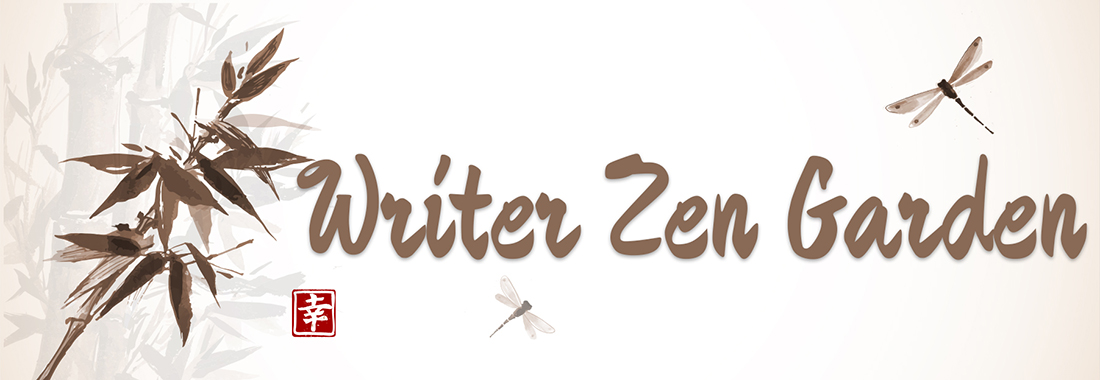My Word Collection
 I am a collector of words. All kinds of words, and phrases too. I keep them in a spiral notebook complete with a well worn cover and creased pages.
I am a collector of words. All kinds of words, and phrases too. I keep them in a spiral notebook complete with a well worn cover and creased pages.
When I am reading, I try to keep a pen and paper nearby to ‘capture’ any words that might strike my fancy in the text and eventually transfer them to my notebook for further reference. Sometimes I will glance over these lists when I’m writing and use any words that might apply in my current work.
For example, I just completed the novel ‘Outlander’ by Diana Gabaldon and found a veritable treasure trove of words that I just had to add to my collection.
Bear in mind that these are normal, everyday words, you will recognize each of them I’m certain. But they stood out in my mind as memorable. Anyone who has read the book will undoubtedly know the scene to which I am referring. ~wink~
Shudder—blow—smack—perilous—feirce—surrender—biting—rasping—clawing—furious triumph—impact—savaged—agonies—inexorable—battered—shattered—fury—hammering—shackled—pinioned—fastened—strike—shatter–rage—use—invading—spread eagle—ragged—ride—pounding—brutally—cruel—and– quiver.
All of these words, found on three small pages conveyed more ‘eroticism’ than many longer and more graphic love scenes I have read. I am convinced that effective word choice is an important skill for authors and hopefully my writing will improve because of the lists I keep.
A different list of words I keep is —“ ways to say ‘said’”. As part of an English class in high school, my teacher gave us an assignment to find 50 alternate words to use instead of ‘said’. His point to this exercise was to expand our use of verbs, to help us find more descriptive ways to express our characters’ personalities. I kept my original list of these words, and am still adding to it with over 400 entries and counting.
Imagine the phrase, “But I love you,” he …… Instead of using ‘said’, what other words might better serve our needs?
Whispered—hinted—teased—rebuked—whined—barked—explained—laughed—pointed out—reassured—exclaimed—growled—wheedled—giggled—cried—reflected—echoed—lied—dared—exaggerated—commanded—demanded—begged—pleaded—asked—giggled—instructed.
You get the point. These words are infinitely more interesting than repeating ‘said’ over and over in dialogue and add variety to our work.
Another list in my notebook includes words whose meaning I had to look up in the dictionary. The very act of writing them down makes me more likely to remember them and their definitions; theoretically improving my vocabulary.
My latest entries in this category are:
Ephemeral—short lived, fleeting
Cogent—intellectually convincing
Inveterate—stubbornly established by habit
Laconic—terse speech or writing
Nadir—lowest point on an arc
Parsimony—frugality or stinginess
Abnegation—denying self comfort
Puerile—juvenile, immature
Well, there you have it, evidence that I’m a list maker, especially when it applies to words and writing. I find words fascinating and love to play with them.
When I write, I consider myself a ‘word-smith’: someone who hammers random words into a desirable form through sheer force of will and determination. And to do this effectively, I keep my lists (and a thesaurus) close by; I’m happy to use all the help I can get.

I think the idea of having a notebook for words and sayings etc., is a great idea. I especially like the list of verbs on how to say said, without saying it…excellent. 🙂
I love hearing from people how they create and write. I enjoyed seeing this glimpse into your way of working. Thanks!
I could have sworn I commented on this before, but I guess not. This is an awesome idea, E. I should do something similar. And I totally agree – Outlander was a challenge to my vocabulary too! 🙂